In recent years, the global landscape of transportation has witnessed a remarkable transformation, with a surge in the adoption of electric vehicles (EVs). Electric mobility is no longer a niche market but a burgeoning industry, and within this paradigm shift, certain companies have emerged as undisputed market leaders. This article delves into the key players driving innovation and shaping the future of electric mobiles.
Tesla – Pioneering the Electric Revolution:
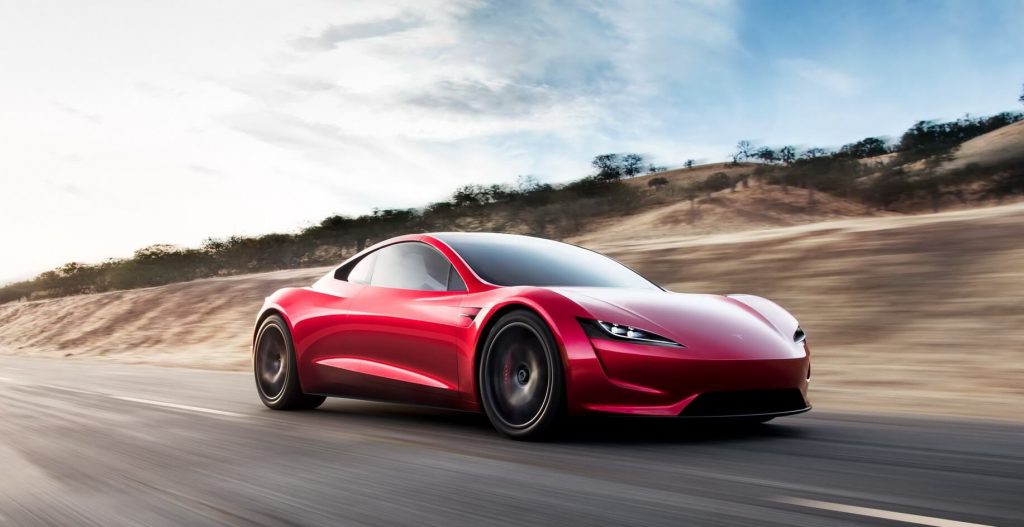
When it comes to electric vehicles, it’s impossible to discuss market leaders without highlighting Tesla. Founded by Elon Musk in 2003, Tesla has become synonymous with cutting-edge electric cars and has played a pivotal role in reshaping the automotive industry. The Tesla Model S, Model 3, Model X, and Model Y have set new standards for performance, range, and technology in the electric vehicle sector. Tesla’s Supercharger network has further alleviated range anxiety, providing a seamless charging experience for their customers.
NIO – Redefining Electric Performance:
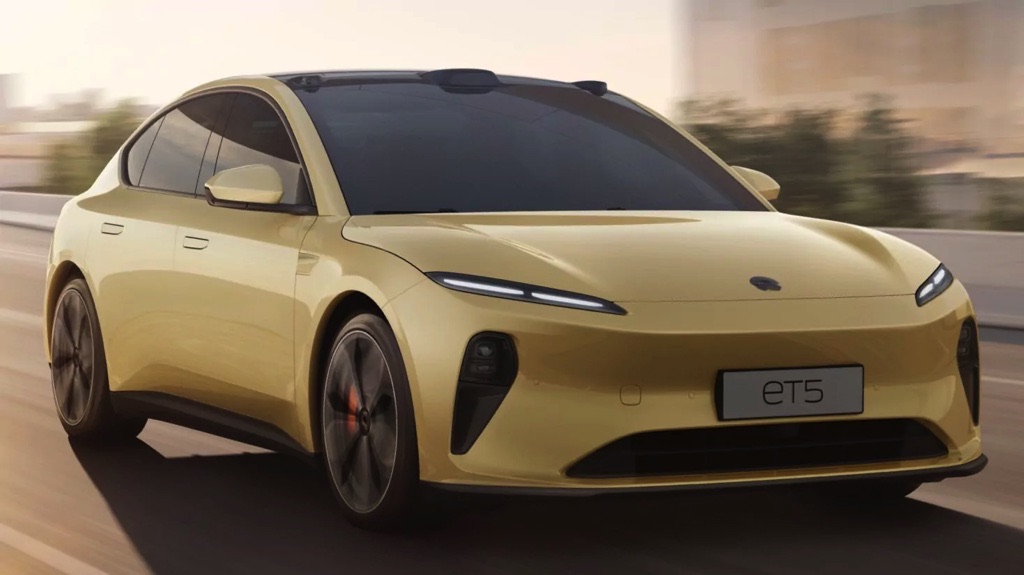
Hailing from China, NIO has swiftly positioned itself as a formidable player in the electric mobility arena. Known for its high-performance electric cars, NIO has gained recognition for the EP9, an all-electric hypercar that broke several records on the track. The company’s consumer-oriented models, such as the ES6 and ES8, offer a compelling blend of style, performance, and cutting-edge technology. NIO’s innovative battery-swapping stations also address concerns related to charging time, enhancing the overall convenience for their users.
BYD – A Diverse Electric Portfolio:
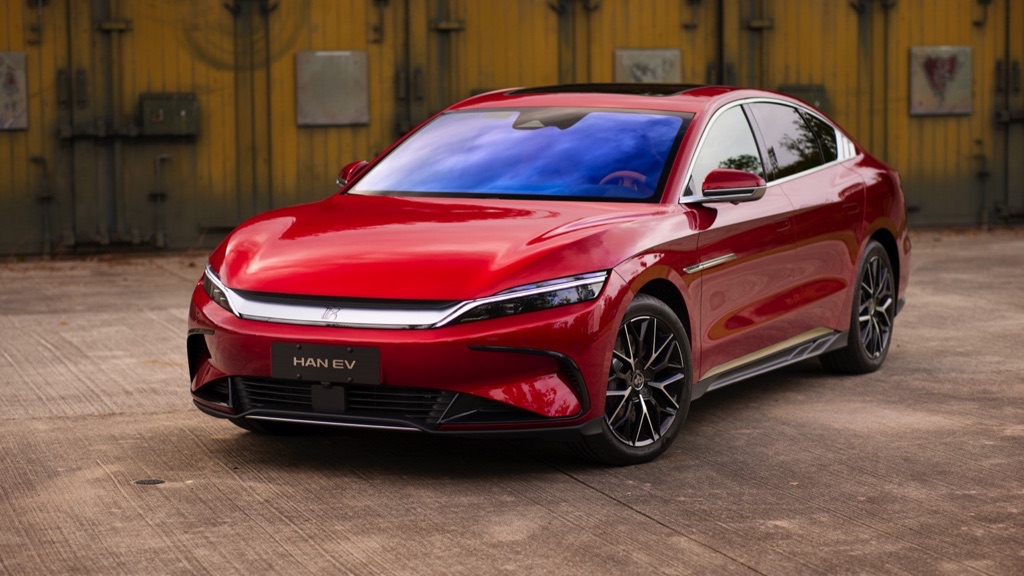
BYD, a Chinese multinational conglomerate, has become a leader in electric mobility with a broad portfolio ranging from electric cars and buses to trucks and monorails. BYD’s electric cars, like the Qin and Tang models, have gained popularity for their affordability and impressive range. Moreover, BYD’s focus on electric buses has positioned the company as a major player in the electrification of public transportation globally.
General Motors – Commitment to an Electric Future:
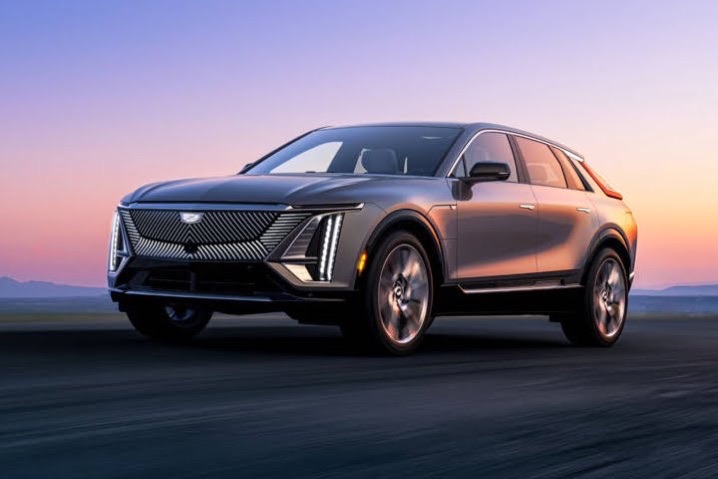
A stalwart in the traditional automotive industry, General Motors (GM) is making significant strides in electric mobility. With an ambitious plan to transition to an all-electric future, GM aims to offer 30 electric models globally by 2025 under its Ultium battery platform. The Chevrolet Bolt EV has been a notable success for GM, showcasing its commitment to producing affordable electric vehicles with impressive ranges.
Volkswagen – Electrifying the Masses:
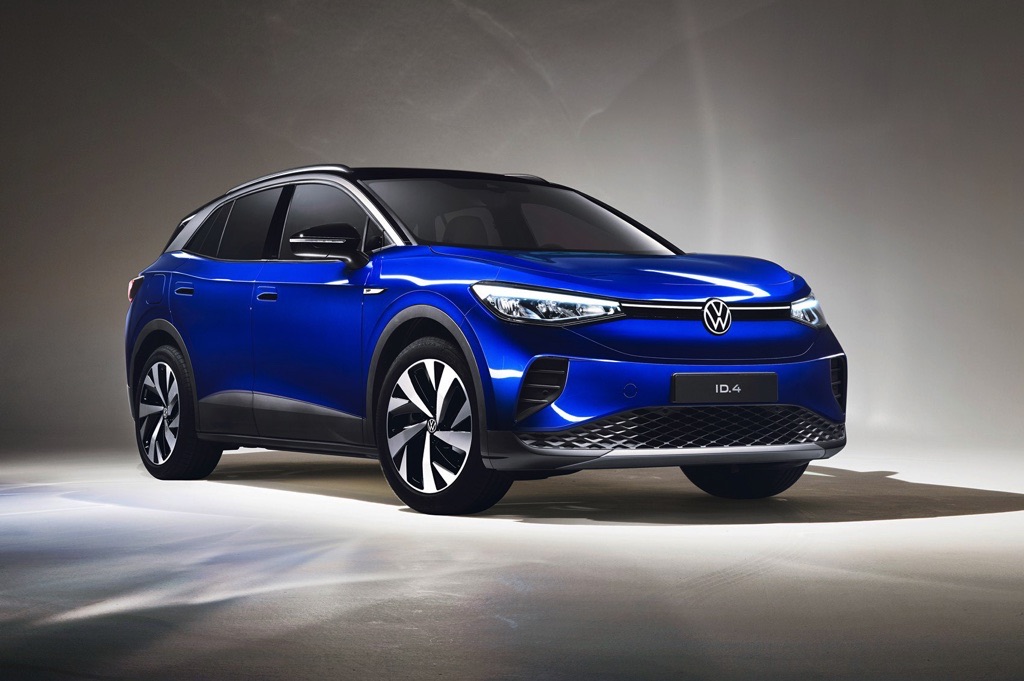
Volkswagen, a giant in the automotive world, has embraced electric mobility with its ID. series, a range of electric vehicles built on the modular MEB platform. The ID.3 and ID.4 have gained attention for their sleek design, advanced technology features, and competitive pricing. Volkswagen’s commitment to electric mobility is part of its broader strategy to become a leader in sustainable transportation.
Conclusion:
As electric mobility gains momentum worldwide, these market leaders are at the forefront of innovation, driving the transition towards a cleaner and more sustainable transportation ecosystem. Their commitment to technological advancement, diverse product portfolios, and strategic initiatives is shaping the electric mobility landscape and inspiring a new era of transportation for generations to come. The competition among these market leaders is fostering an environment of continuous improvement, ultimately benefiting consumers and accelerating the global transition to electric mobility.
Claire Bailey
Your blog is a treasure trove of knowledge! I’m constantly amazed by the depth of your insights and the clarity of your writing. Keep up the phenomenal work!